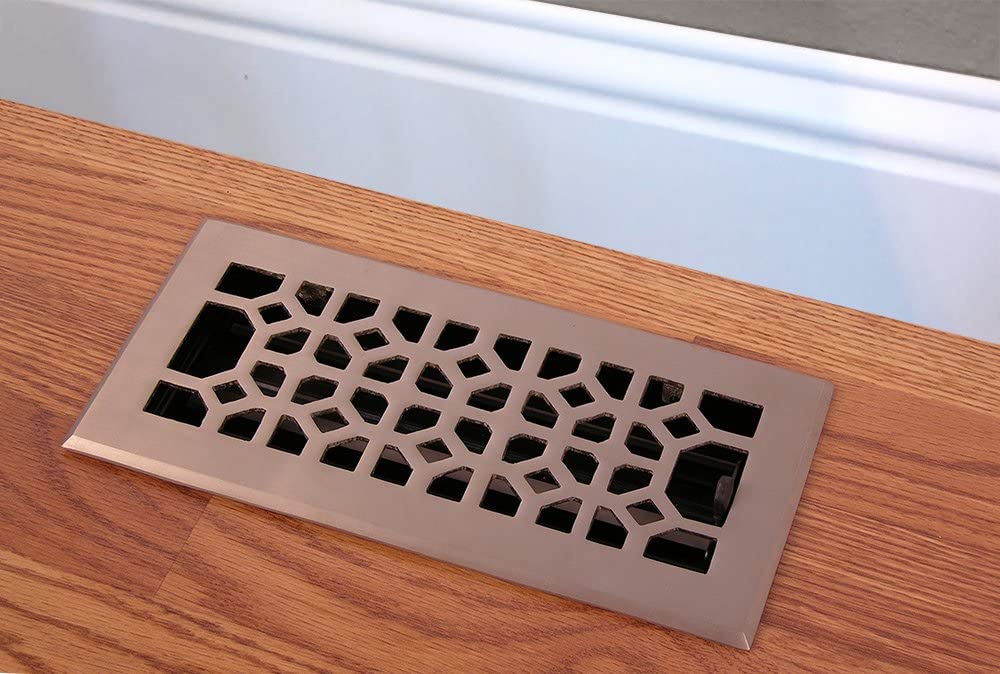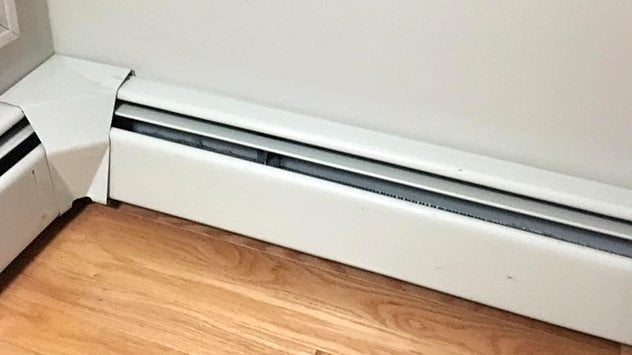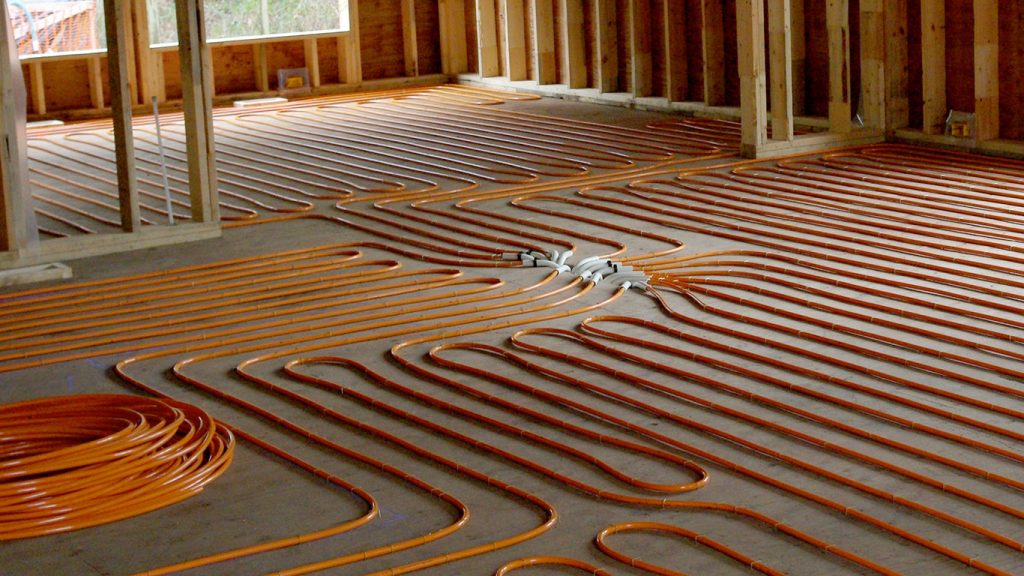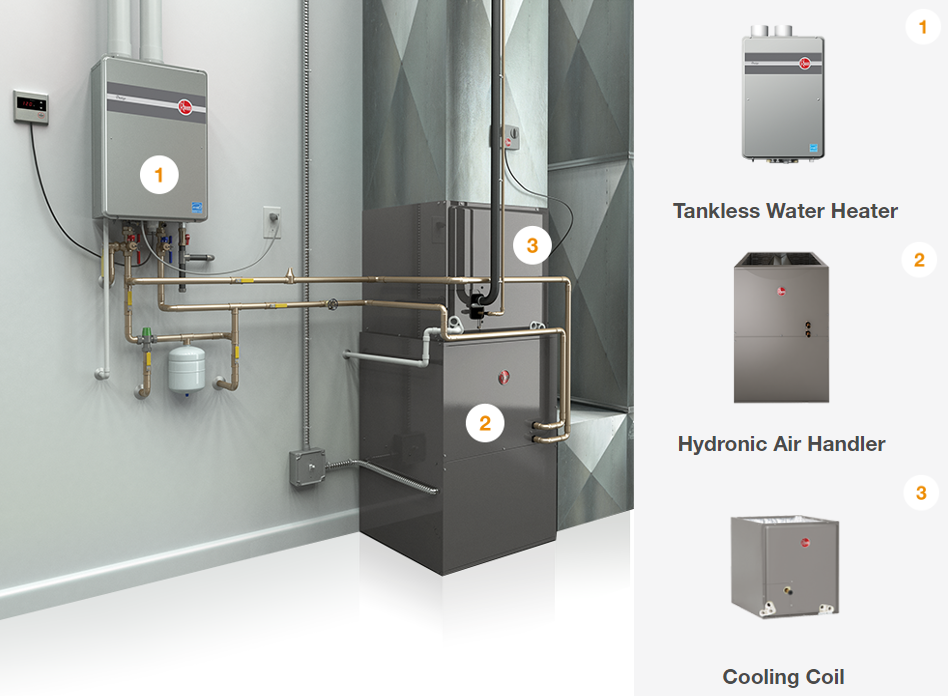Choosing a heating system for a new home requires understanding different ways homes are heated and how home heating works. From oil to propane, natural gas to electric, there are a variety of fuel types to choose from. And from radiant floor heat, to forced hot air that comes through vents in the floors, there are also many ways to heat the space inside the home. In this post, we’ll break down our favorites and reasoning for our choices…read on below!
How to Choose a Heating Fuel Type
Depending on where your new home is being built, your options for fuel type may be limited. If you are in the Midwest or Northwest US, natural gas may be your only choice. In the northeast however, you may be choosing between heating oil, propane, or natural gas. Electric heat is also an option, but we do not recommend it if you live in a cold climate, as it can be very expensive in the wintertime.
- Natural Gas: If your neighborhood has natural gas, we recommend tapping into it for your home’s heating system. You can also use natural gas for fireplaces, backup generators, and pool heaters. The downside to natural gas is you are dependent on one supplier, and therefore cannot price compare and switch between suppliers. If the price goes up, you are stuck.
- Heating Oil: Heating oil generates more heat per gallon than any other fuel type, and as of this writing is about as cost-effective as natural gas. The nice thing about heating oil is that you can choose from many heating oil suppliers and store a large quantity of heating oil in an oil tank in your basement. This allows you to stock up in the off-season and avoid fluctuating local oil prices in the winter.
- Propane: Propane is the most expensive option when it comes to heating your home, so we recommend avoiding it. Propane not only puts out less heat per gallon than heating oil, but actually costs more per gallon. Further, when you use propane, the propane supplier will provide you with a tank. This prevents you from ordering propane from any other supplier – even if the price is lower! The only benefit to propane is it can also be used for cooking and gas fireplaces. That said, you can always use both heating oil and propane if you would like the best of both worlds and natural gas is not available.
Choosing a Heating System
There are two basic heating types: air-based systems and water-based systems.
Air-Based Systems (Forced Hot Air)
Air-based systems rely on a furnace to heat incoming air. Once the air is hot, a blower circulates this air through ducts throughout the house.
Benefits of air-based heating systems:
- Duct work is relatively inexpensive to install during new construction.
- Vents can be closed off in rooms that do not need to be heated.
- The space can be heated very quickly.
- The same ducts can be used for a central A/C cooling system.

Water-Based Systems (Boilers)
The second type of system, which was more common before central A/C was introduced, is a water-based system. This type of heating system features a boiler which heats water in the basement. This hot water is then pumped through radiators that are placed throughout the house. The radiators slowly heat the surrounding air and warm the house up.
Benefits of water-based systems
- These systems retain heat better, as the water in the radiators stays warm.
- They can be used with under-floor heating (also known as radiant floor heat) for extremely comfortable warm floors.

Hydronic Heating Systems (Hybrid Systems for Water and Air)
Our favorite type of home heating system for new construction is a hydronic system. This type of system uses a water heater to heat water for the house. This water can be used in two ways:
- The hot water can be used in the floor to provide radiant heating. There is nothing like walking on warm floors on a cold winter day.
- The hot water can be sent to a heat exchanger to heat air as well. In this case, forced hot air remains a back-up option to quickly heat the air in the home.
Benefits of a Hydronic System with Radiant Floor Heat:
- The coziness of warm floors provided by radiant floor heat is second to none.
- The floors help retain heat throughout the day.
- The backup forced hot air can help heat the house quickly, or provide a backup heat source on a really cold day.


Summary: Forced Hot Air is a Must
If you’re considering building a new house, you should, at the very least, install a forced hot air system. This will allow you to very easily install a central A/C system as well. You can install the A/C system while building the house up front, or always add it later – just be sure to specify a furnace that has enough clearance to add coils for cold air.
If your budget will allow, then you should consider a hybrid system that incorporates hot water and hot air. This will provide the duct work for quickly heating the house but will also accommodate radiant floor heat. Radiant floor heat provides maximum coziness in the winter and tends to maintain the heat nicely throughout the day.
Since you’ll already have the duct work, this will allow you to have central A/C installed as well. Planning for this during construction will eliminate the need for any renovations down the road. As for a fuel type, we recommend natural gas if it’s available, and heating oil if it is not. Propane is unnecessarily expensive and will make it very difficult to switch providers or price shop if need be.
If you choose home heating oil as your primary fuel type, FuelSnap has the best New England oil prices around. Compare oil prices from various heating oil suppliers, find your perfect fit and enjoy the home heating oil delivery! Yes, it really is that simple.
Happy heating,
Steve



